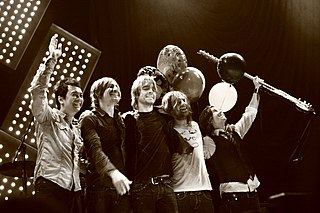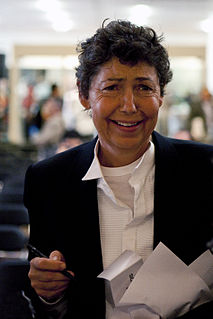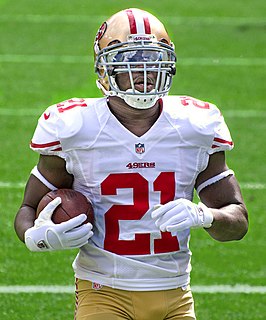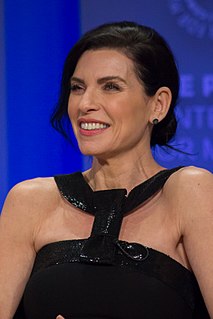A Quote by John Ruskin
It is in this power of saying everything, and yet saying nothing too plainly, that the perfection of art consists.
Quote Topics
Related Quotes
Among friends one has the privilege of saying nothing; the civility consists in the assumption that one's silence will be civilly understood. I can imagine a small gathering of friends who say nothing all evening: they recoil from saying anything that the others don't want to hear; and their silence would be the subtlest courtesy.
All the controversialists who have become conscious of the real issue are already saying of our ideal exactly what used to be said of the Socialists' ideal. They are saying that private property is too ideal not to be impossible. They are saying that private enterprise is too good to be true. They are saying that the idea of ordinary men owning ordinary possessions is against the laws of political economy and requires an alteration in human nature.
I think hope is not simply looking around and saying that everything’s great – that’s just ridiculous. For hope to have substance, it has to acknowledge the pain. But hope is saying that’s not the final story. It’s not saying pain doesn’t exist, but it’s saying there’s not a period at the end of that sentence. It’s still being written.





































